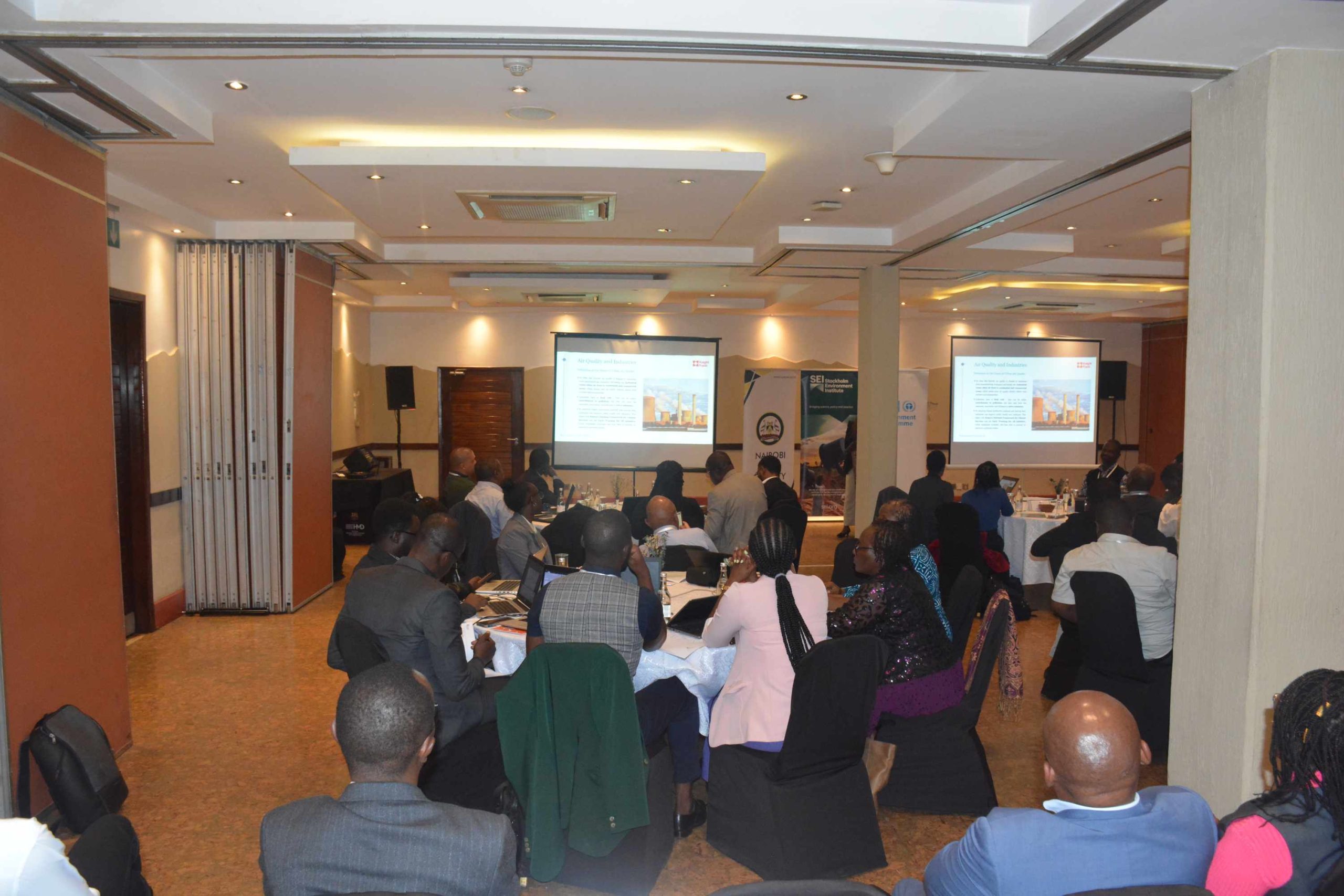More than 26,000 Kenyans die every year due to household air pollution, according to a new policy presentation by the NIHR CLEAN-Air (Africa) Global Health Research Group.
The deaths are linked to the widespread use of polluting fuels such as charcoal, firewood, and crop waste for cooking.
These are practices that are still common in over 76 per cent of Kenyan households.
According to the research, Kenya records over one million Disability-Adjusted-Life-Years (DALYs) due to diseases related to household air pollution (HAP), such as respiratory and cardiovascular illnesses.
“More than one-third of the world’s population relies on polluting fuels,” the report noted.
The fuels release harmful pollutants like PM2.5, carbon monoxide, nitrogen oxides, and sulfur dioxide, which not only degrade human health but also contribute to climate change.
The global death toll stands at 3.2 million per year, with an estimated 20.7 million tons of CO₂ equivalent emissions released annually.
Over 97 per cent of schools use polluting fuels, exposing learners and staff to toxic emissions daily.
“A boarding school uses 200 to 500 tons of wood every year. No wood – no meals – no education. This leads to deforestation, frequent disruptions in learning due to energy insecurity, and a health crisis brewing among students,” the report revealed.
To counter the crisis, the NIHR CLEAN-Air (Africa) team has been implementing clean energy interventions across Kenya.
One of the key innovations is the CHAP-PP (Community Health Household Air Pollution Prevention Programme), which equips community health workers with skills to educate households on clean energy.
The programme includes Module 14 on household air pollution and the TABLE-HAP initiative, which leverages table banking groups to spread awareness and encourage behaviour change.
Pilot projects have already been carried out in Uasin Gishu and Narok counties, focusing on behavioural change and the adoption of cleaner fuels like LPG.
The initiative is backed by air quality monitoring technologies, including Purple Air, UPAS, and Black Carbon sensors that give real-time pollution readings.
In schools, research between 2021 and 2022 explored the effects of switching to LPG. The study assessed the benefits on health, cost, and environmental impact in informal settlement schools. Findings support a cleaner, safer cooking transition across school kitchens nationwide.
It has contributed to the Kenya Climate Change and Health Strategy 2024–2029 and the National Cooking Transition Strategy 2024–2028.
Charles Muruka, presenting the findings, stressed the urgency of connecting research to policy.
“We must connect data to policy. There is a need for joint investment in early warning systems that put public health first.”
With support from global and regional partners and funding from the UK’s National Institute for Health and Care Research (NIHR), the initiative is pushing for wide-scale adoption of clean cooking solutions in households and schools.
by PERPETUA ETYANG













